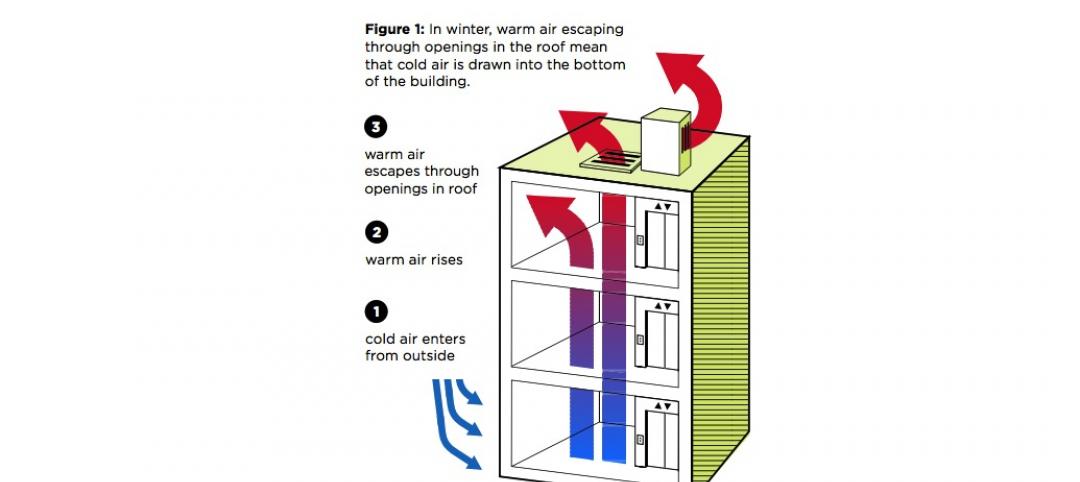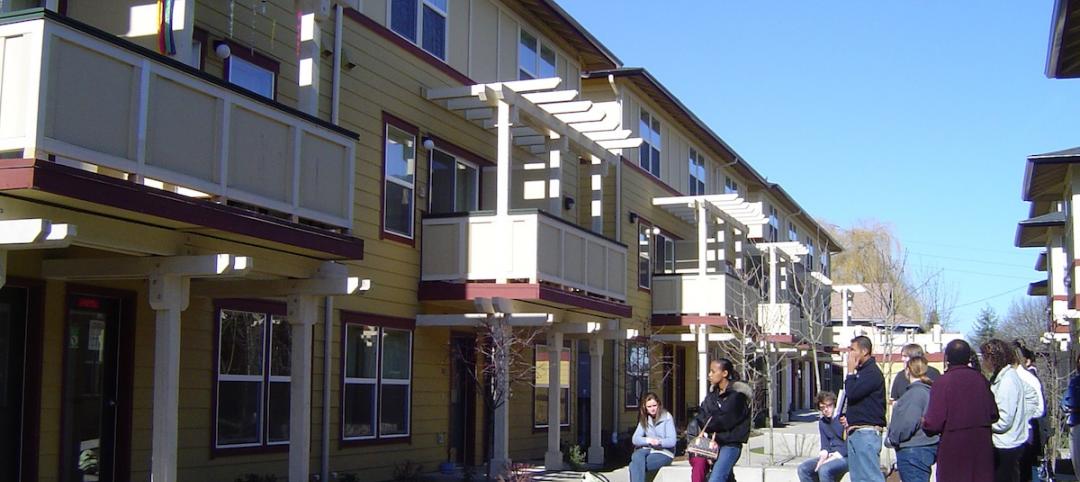The Environmental Protection Agency’s 2017 Construction General Permit (CGP) went into effect on Feb. 16.
This permit requires compliance with effluent limits and other permit requirements, including the development of a Stormwater Pollution Prevention Plan. A CGP is required for most sites that will disturb one or more acres of land.
Companies that intend to seek coverage under EPA's 2017 CGP must submit a Notice of Intent (NOI) using the NPDES eReporting Tool for the CGP to certify the permit’s eligibility conditions and that the entity will comply with the permit’s requirements. An operator of a site with 2012 CGP coverage where construction activities began prior toFebruary 16, 2017 is required to submit a new NOI for coverage under the 2017CGP using NeT-CGP by May 17, 2017.
Related Stories
Green | Apr 14, 2015
USGBC will recognize energy and water standards for the Living Building Challenge
This move means that projects achieving the energy and water requirements in Living Building Challenge will be considered as technically equivalent to LEED.
Codes and Standards | Apr 14, 2015
New York City preparing new codes for evacuation elevators
New York City’s Fire, Buildings, and City Planning Departments in New York are writing rules to govern occupant-evacuation elevators, reflecting a change in philosophy of how to evacuate people from skyscrapers in an emergency.
Codes and Standards | Apr 12, 2015
California imposes stringent new water standards
California is the first state to adopt standards that are more efficient than those set by EPA's WaterSense program.
Codes and Standards | Apr 12, 2015
Virginia surpasses Florida for strictest hurricane building codes
Virginia has edged out Florida as the state with the most stringent hurricane building codes, according to the Institute for Business and Home Safety’s “2015 Rating the States” report.
Codes and Standards | Apr 6, 2015
Industry groups petition for change order reform on federal projects
Nine design and construction associations ask for assurance that funds available for additional work.
Codes and Standards | Apr 6, 2015
DOE releases Better Buildings Workforce Guidelines
The guidelines are aimed at strengthening and streamlining commercial building workforce training and certification programs for workers in energy auditing, building commissioning, building operations, and energy management.
Green | Apr 3, 2015
Georgia may ban use of LEED on state buildings
Georgia's state legislature is considering a measure to require all state buildings to only use green building standards that permit the use of Georgia's lumber.
Codes and Standards | Mar 29, 2015
Elevator shafts a major source of heat loss in New York City
A typical New York apartment building loses thousands of dollars worth of energy every year from leaky elevator shafts that vent warm air at the top of the building and draw in cold air at the bottom, according to a new Urban Green Council report.
Green | Mar 22, 2015
6 myths holding back green building
Sustainable design has proven benefits, so why isn’t it more widely adopted?
Multifamily Housing | Mar 16, 2015
New Jersey Supreme Court puts control of affordable housing agency in the courts
The court said the state’s affordable housing agency had failed to do its job, and effectively transferred the agency's regulatory authority to lower courts.














